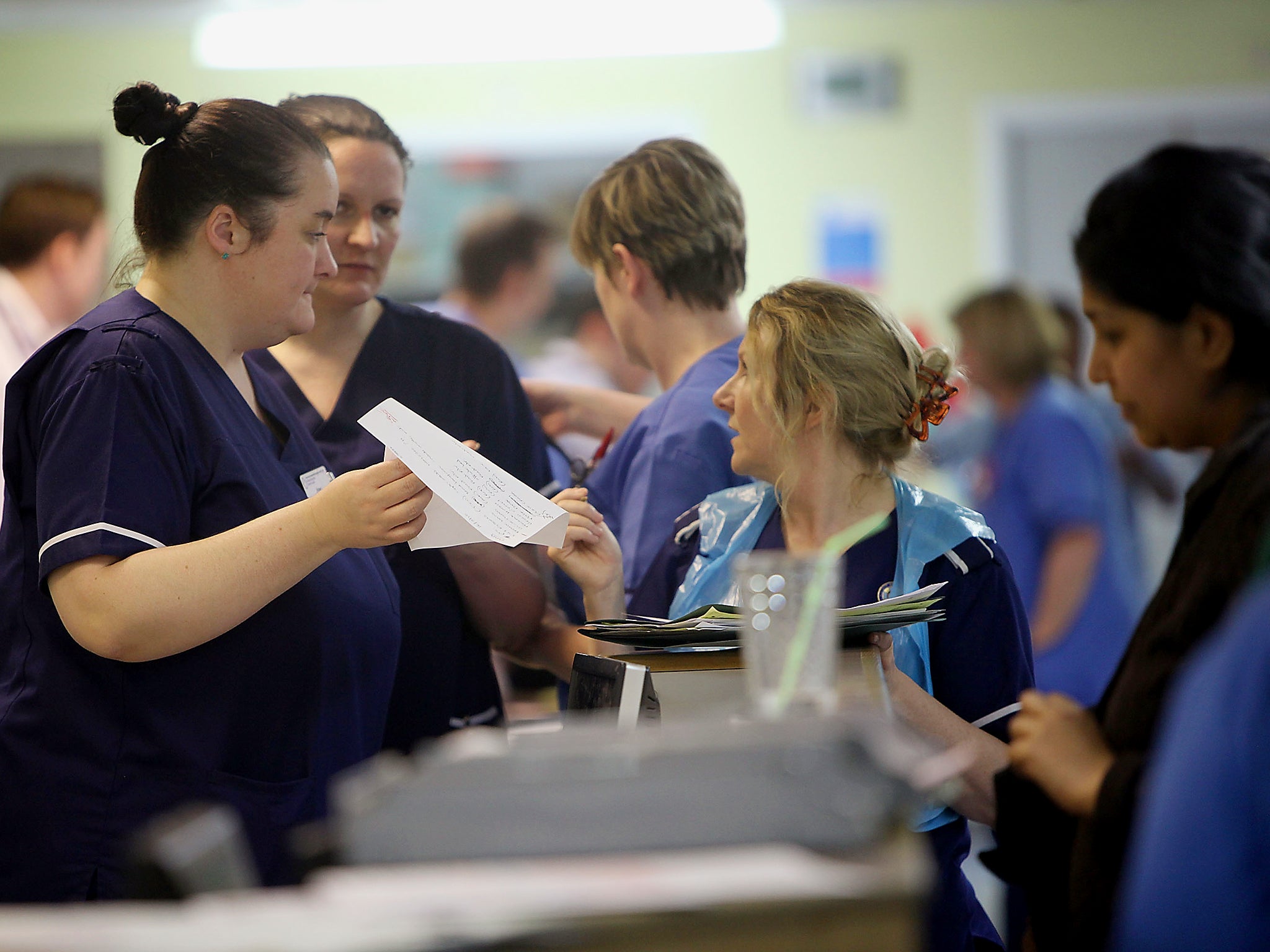It's impossible to know how many immigrants our economy will need – and we can't keep pretending otherwise
The idea that immigration has an optimal level is a complete myth. There is simply no number, large or small, that answers the migration question

Humans love targets. We want to run for a certain distance, lose a certain amount of weight or save a specific amount of money. We have an in-built desire to attach numerical targets to goals in order to measure our success.
Governments do precisely the same thing. That’s why we have a target for three million new apprenticeships, and why election manifestos are full of promises about how many more police will be on our streets, or teachers in our classrooms. For politicians, it helps make incredibly complex areas of policy more digestible if they can be boiled down to a single number.
That is how the former Prime Minister David Cameron came to make his now infamous “tens of thousands” pledge for immigration in the run up to the 2010 election.
The problem with attaching a numerical target to immigration, however, is this: the idea that immigration has an optimal level is a complete myth. There is simply no number, large or small, that answers the question, “how many immigrants does our workforce need?”
The labour demands of our economy fluctuate based on a whole range of factors. Seasonal or sectoral changes can drive demand for certain skills, in certain parts of the country, at certain times of the year. Growth of new industries, or major new infrastructure projects, or even the performance of the economy overall, can drastically alter the skills we need.
Brexit is likely to present many challenges, and the strains it will put our on labour market are already beginning to show. In a recent study by the Chartered Institute of Personnel and Development (CIPD) and The Adecco Group, more than a quarter of businesses said that EU nationals are considering leaving their organisation or the UK entirely. The proportions are even starker in parts of the public sector, with half of healthcare employers saying they knew of EU nationals who were considering leaving.
With a staff retention problem on the horizon, and the growth in the number of people coming to work in the UK already sharply falling, we are not only losing precious human talent but the burden is likely to fall on a UK skills system that may not be in a position to pick up the slack. The facts are that employers simply cannot access the skills they need. In the same research study, one in five employers said they employed EU nationals because they had difficulty attracting UK-born applicants.
It stands to reason, therefore, that we will need immigration in the future – just as we have in past – to support our economy. Therefore, the solution for the Government shouldn’t be to obsess over a specific target, but instead focus on designing a flexible immigration system that provides the labour and skills the UK economy will need to grow and compete in the future post-Brexit.
There is obviously much to be done with the skills system in order to better equip our workforce in the future. That responsibility falls not just on Government but on business as well. They can do this by forging stronger links with education in order to build talent pipelines for the future and through learning and development in the workplace. Businesses also need to be smarter with their recruitment strategy in order to find the talent that exists out in the labour market, but whose potential has not been realised to date, such as returning parents, ex-offenders and former military personnel.
The challenges we face, not just in Brexit but also in terms of other trends such as automation and an ageing workforce, require us to invest more in our people than ever before.
But operating as we do in a global marketplace, there will always be a place for immigration to help enhance our workforce and benefit our economy. We shouldn’t pretend otherwise.
Gerwyn Davies is a labour market advisor at the Chartered Institute of Personnel and Development
The Independent and Open Britain are campaigning to Drop the Target
Join our commenting forum
Join thought-provoking conversations, follow other Independent readers and see their replies
Comments
Bookmark popover
Removed from bookmarks